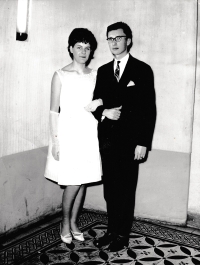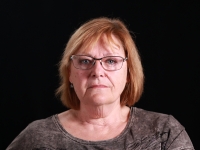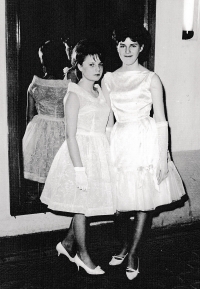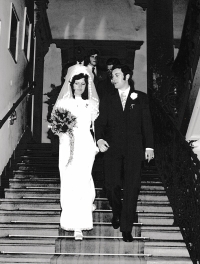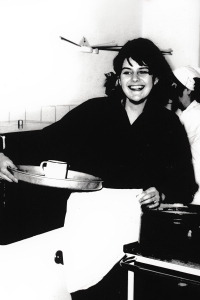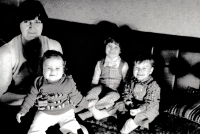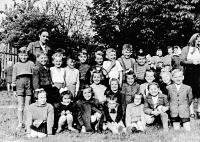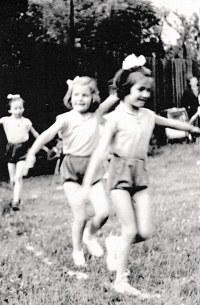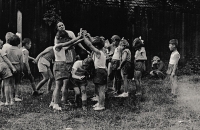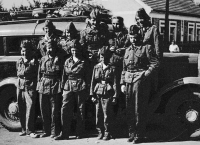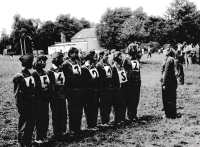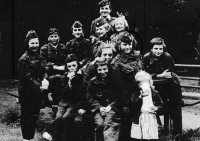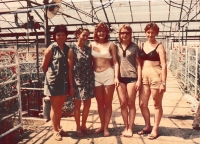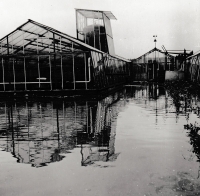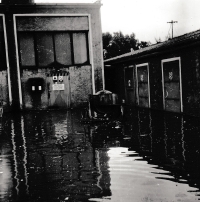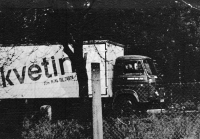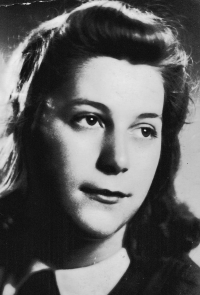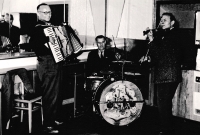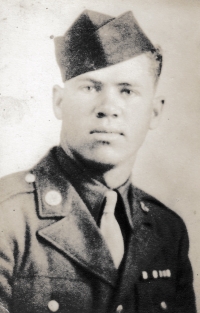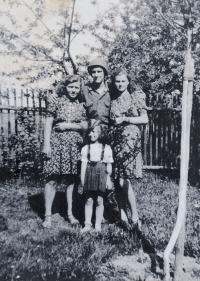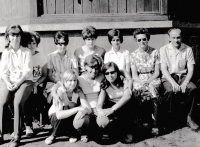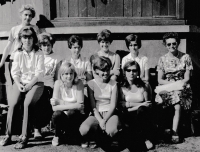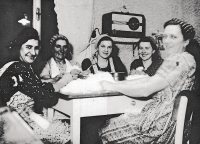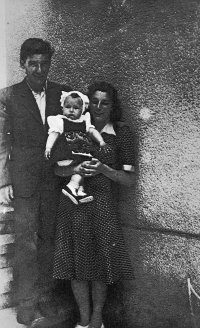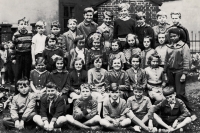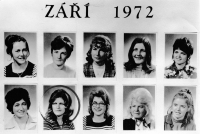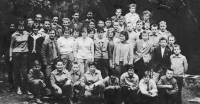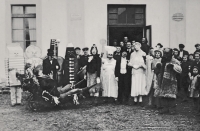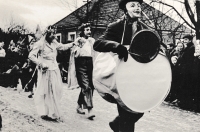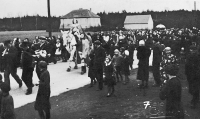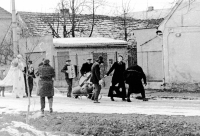Everybody told us: ‘Don’t go home, the Russians will attack you!’
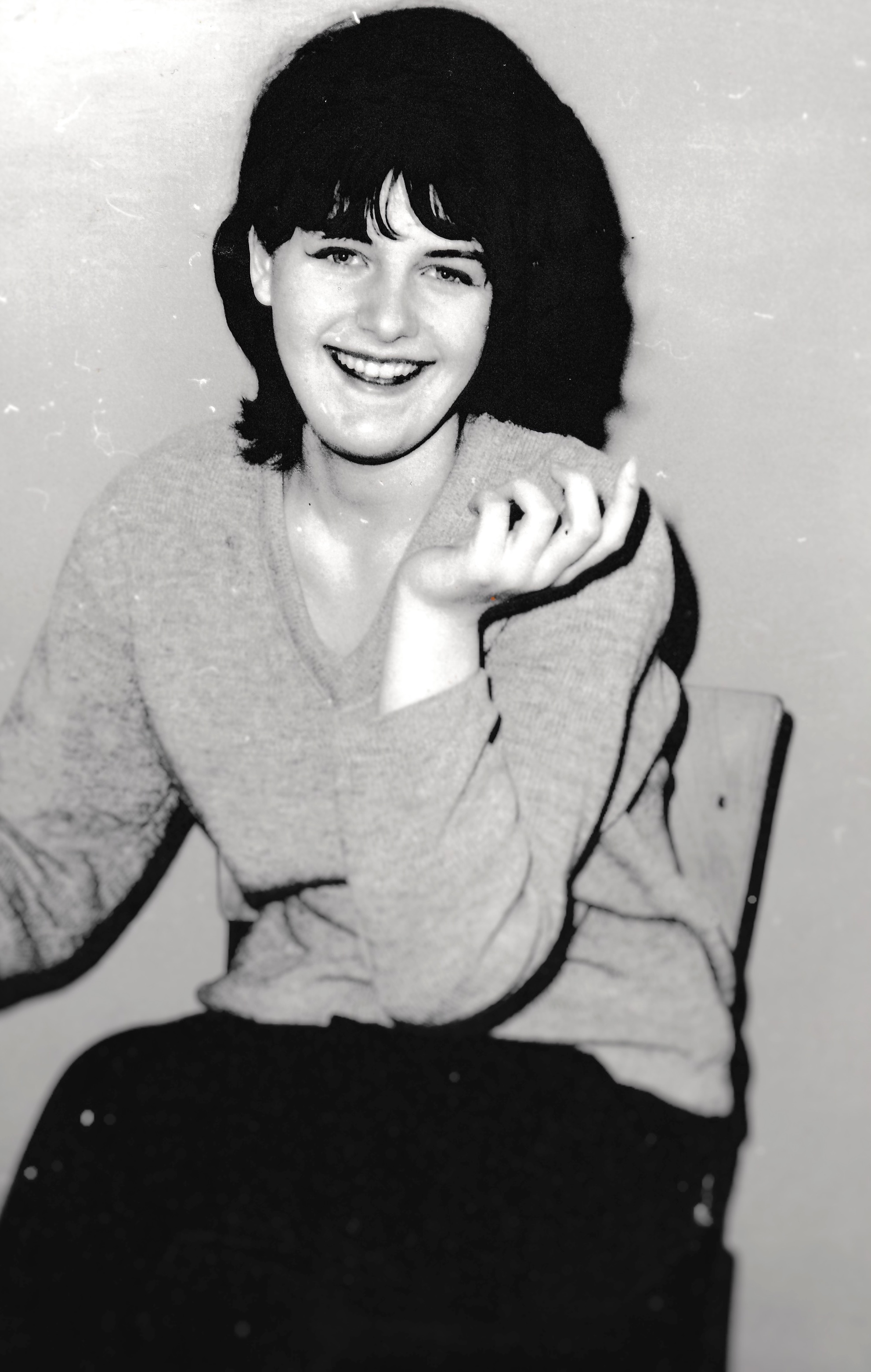
Download image
Jana Tenková was born on 14 October 1948 in Nová Hospoda near Pilsen. Her mother Libuše Hraběová (nee Rumlová), a trained seamstress, sewed in a fashion salon in Plzeň. After the communists came to power, she lost her trade and remained a housewife. Her father, an electrician, was called Karel Hrabě. Initially a communist, he sobered up in 1956 when the USSR invaded Hungary. Her father actively opposed this, became inconvenient to the regime, and his children and grandchildren were not allowed to study. In 1959, the parents got a job in the newly built water treatment plant in Radčice. Her grandfather, Jaroslav Ruml, was active in the anti-fascist resistance during World War II as a communist. He woke up after the occupation of the Czechoslovakia by the Warsaw Pact troops. The moment when the Soviet commanders beat their soldier to death in front of him at Nová Hospoda could not be erased from his memory. Grandmother Růžena Rumlová, nee. Lanštofová, a fashion designer trained in Paris, worked in the forest all her life. Thanks to her, Jana Tenková decided to take up gardening. She trained as a flower arranger. She married in 1973 and raised three children. Her husband, Petr Tenk, was expelled from university during his studies because of his sister’s emigration. He was able to complete his education after the birth of his third child, he studied applied sciences. They both welcomed the Velvet Revolution and the fall of communism with joy. Jana Tenková finally opened her dream flower shop, where she worked until her retirement. In 2023, she was living in Nová Hospoda in Pilsen.
